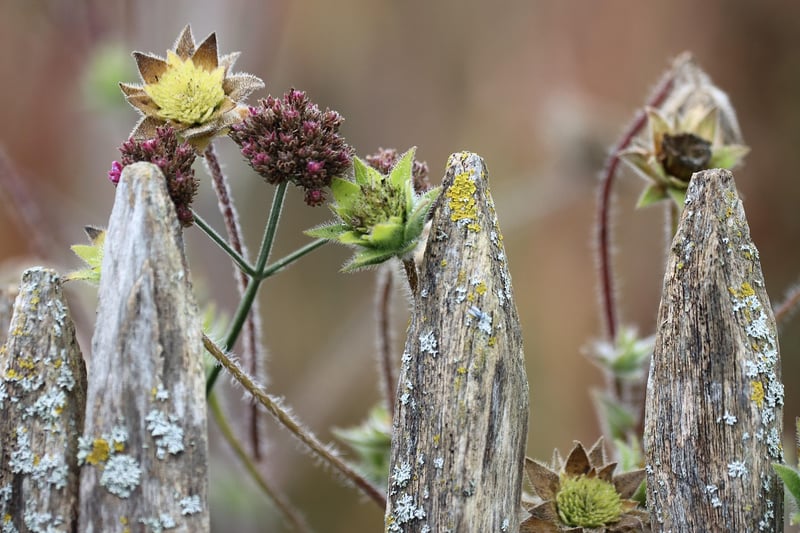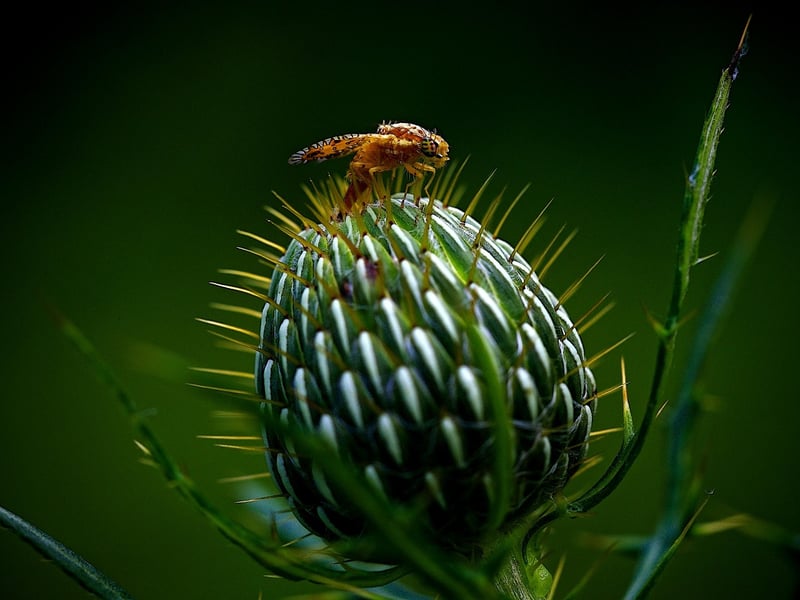Pest Control Methods
Essential Care Tips for Healthy Plants + Pest Control Methods
Introduction
Ensuring that your plants are healthy and thriving involves more than just watering them regularly. Proper care, attention to detail, and effective pest control are essential for maintaining a vibrant and flourishing garden or indoor plant collection. In this article, we will cover some essential care tips for healthy plants and effective pest control methods to keep your green friends in top condition.
Essential Care Tips for Healthy Plants
- Choose the Right Plant for the Right Location: Ensure your plants are suited to the light, humidity, and temperature conditions of their surroundings.
- Water Wisely: Overwatering can be as harmful as underwatering. Check the soil moisture before watering and adjust according to the plant's needs.
- Provide Adequate Drainage: Proper drainage is crucial to prevent waterlogging, which can lead to root rot.
- Prune Regularly: Trim dead or damaged leaves, branches, and flowers to promote healthy growth and prevent diseases.
- Fertilize Appropriately: Use a balanced fertilizer to provide essential nutrients to your plants, but avoid over-fertilizing.
- Monitor for Pests and Diseases: Regularly inspect your plants for signs of pests, such as holes in leaves, webs, or discoloration, and treat promptly.
- Rotate Indoor Plants: Rotate indoor plants periodically to ensure all sides receive adequate light for even growth.
Pest Control Methods
Despite our best efforts, plants may still fall victim to pests. Here are some effective pest control methods to protect your plants:
1. Natural Predators
Introduce beneficial insects like ladybugs or lacewings that feed on common plant pests such as aphids or spider mites.
2. Neem Oil
Neem oil is a natural insecticide that disrupts the feeding and reproduction of pests while being safe for plants.
3. Insecticidal Soap
Insecticidal soap can help control soft-bodied insects like aphids, mealybugs, and spider mites by disrupting their cell membranes.
4. Diatomaceous Earth
Diatomaceous earth is a natural powder that damages the exoskeleton of insects, causing them to dehydrate and die.
5. Companion Planting
Planting pest-repelling herbs like basil, mint, or lavender alongside your main plants can deter pests naturally.
6. Physical Removal
For larger pests like caterpillars or snails, handpick them off your plants and dispose of them properly.
Conclusion
By following these essential care tips for healthy plants and incorporating effective pest control methods, you can create an environment where your plants thrive and pests are kept at bay. Remember that prevention is key, so regular monitoring and proactive measures can go a long way in maintaining a vibrant and pest-free garden.


